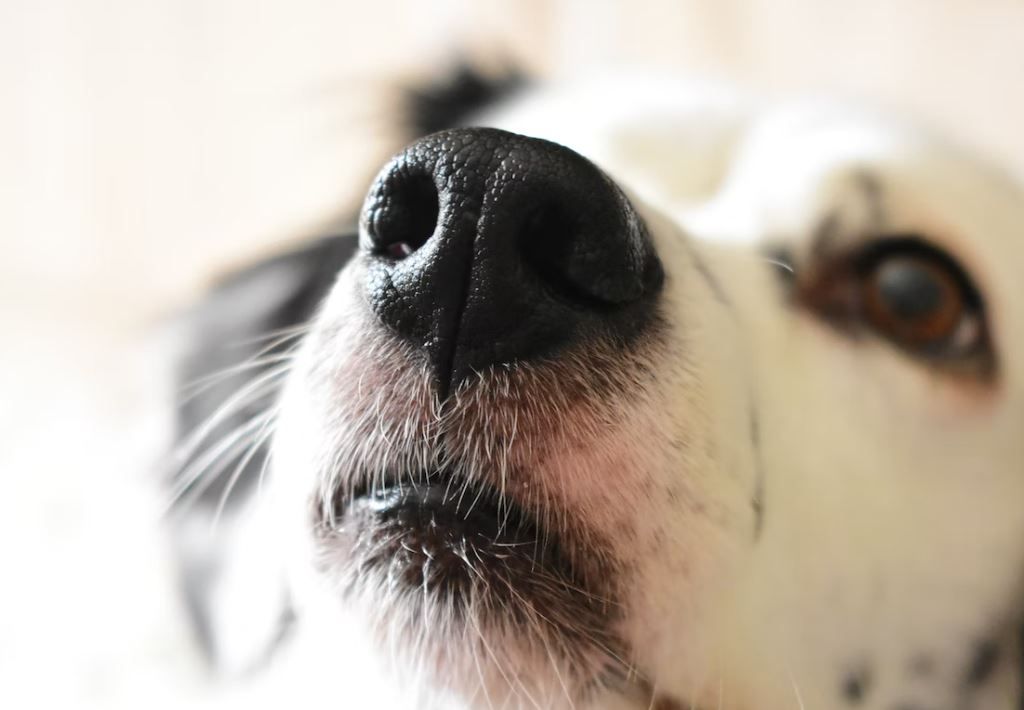Dog Eating Habits All Pet Owners Should Know About
Nov 24,2022 | Petbobi
There is a famous saying that goes, “You are what you eat.”
This is true for dogs, as well as people!
In fact, feeding your dog a nutritious and balanced diet is the #1 way to guarantee they live a long, happy, and healthy life. However, unlike humans, dogs have unique eating habits. As canines, our four-legged best friends need us to make smart food decisions for them.
That’s why today on the Petbobi blog, we explore dog-eating habits all pet owners should know about.
Dogs Cannot Eat Chocolate

Hopefully, the majority of dog parents already know about this important dog-eating habit fact. But just in case, we will explain it again. Under no circumstances should a dog be allowed to eat chocolate…ever!
Why?
Chocolate is poisonous to dogs. This includes:
- Milk chocolate
- Dark chocolate
- White chocolate
- Semi-sweet chocolate
- Cocoa powder
- Bakers’ chocolate
According to Pet MD, chocolate contains substances known as methylxanthines. The human body can break down methylxanthines, but a dog’s stomach cannot. For example, chocolate bars, cookies, ice cream, candy, pudding, etc. are all considered toxic to dogs. Dark and bitter chocolate is especially dangerous.
A dog who experiences chocolate poisoning can develop the following symptoms:
- Vomiting
- Diarrhea
- Rapid breathing
- Low blood pressure
- Seizures
- And even death
So, be careful with chocolate. Never feed it to your dog and always store chocolate ingredients somewhere safe.
Dogs Vomit to Get Rid of Toxic Food

Secondly, all dog owners should know this: a dog will vomit to expel toxic foods.
This isn’t a bad thing, though. Actually, nausea and/or vomiting is a helpful warning sign that something might be seriously wrong with your pet! When a dog ingests something toxic, oftentimes emergency veterinarians will give medicine that induces vomiting. However, dogs also vomit on their own. This is their body’s natural way of getting rid of whatever food toxin is currently in their system.
For instance, a dog might vomit after eating:
- Onion
- Garlic
- Grapes
- Macadamia nuts
- Avocado
- Chocolate
- Xylitol
- Garbage
- Fatty foods
- Table scraps
While vomiting is not a normal dog-eating habit, it does alert you to a problem. Call your local Animal Poison Control Center if vomiting is a concern.
Irritating Foods Can Damage a Dog’s Sense of Smell

Did you know?
A dog’s sense of smell is between 10,000 to 100,000 times stronger than that of a person. Dogs have 300 million olfactory receptors. Every little smell – both good and bad – is picked up by a dog. Unfortunately, their special sense of smell has a downside.
Certain scents can actually damage your dog’s nose. Yes, it’s true!
The most common one is spicy smells. Do you love cooking with chili pepper powder? This mixture of hot spice, cumin, peppercorn, oregano, and salt smells delicious around dinnertime…but not for dogs. Instead, potent spices can impair their sense of smell over time. Other smells trigger allergies, inflammation, respiratory issues, and congestion.
So, to protect your dog’s nose, avoid prolonged odors such as:
- Harsh chemicals (like bleach)
- Chili peppers
- Citrus fruits
- Vinegar
- Alcohol
- Toxic air fresheners
If these scents are unavoidable, there are ways to minimize the effects on your dog. One simple way is to open a window during cooking. Turn on a fan. Encourage airflow throughout the home. When cleaning with stinky chemicals, keep your dog in another room.
Your dog’s nose will thank you!
Not All Bones are Safe for Dogs to Chew

Last, on Petbobi’s list of must-know dog-eating habits, let’s talk about bones.
This is a confusing topic for many dog owners!
Allow us to explain.
Dogs use their teeth to eat. Long sharp incisor teeth tear the skin, meat, and fat off bones. After all, dogs are omnivores. They eat both meat and plants. Therefore, the answer is yes. Dogs can eat bones. Canine nutrition experts at the American Kennel Club point out that animal bones are a great source of minerals and other nutrients, including calcium, magnesium, and phosphorous.
However, not all bones are safe.
When it comes to dog eating habits, many veterinarians suggest only feeding raw bones. Never feed cooked bones! These are too soft and can splinter and damage the mouth, throat, or intestines.
Medium-sized raw beef, bison, and lamb bones are best.
Stay Healthy with Proper Dog Eating Habits
There you have it.
Four dog eating habits everyone should know about. Remember these tips to keep your dog healthy at mealtime.
Want more great pet content?
Sign up for our newsletter for the latest updates.




